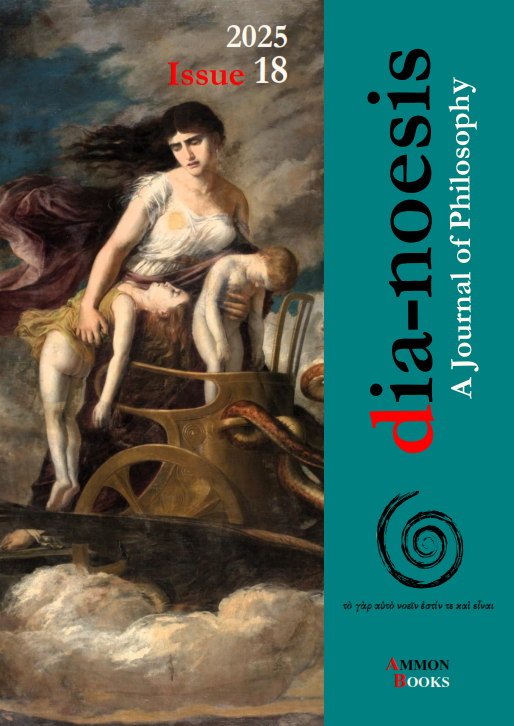Exiled by Gods and Men: Trauma, Violence and the Lexico-Semantic Patterns of Displacement in Madeline Miller’s Circe and Classical Sources

Abstract
This study aims to determine and explicate displacement lexico-semantic patterns in Madeline Miller’s Circe (2018) and classical sources, such as The Odyssey by Homer, Theogony by Hesiod, Argonautica by Apollonius Rhodius, and Metamorphoses by Ovid. We utilized semantic field theory and digital corpus stylistics. By applying Voyant Tools, we identified 847 lexical cases related to displacement in Circe and 126 in the classical texts. The following semantic fields were identified: social alienation, spatial displacement, psychological interiority, vulnerability and violence, and agency and power. In classical texts, spatial displacement (43%) and power (31%) were presented only through male characters. The first-person narration in Circe significantly changed the above-indicated figures. Psychological interiority (39%), social alienation (24%), and vulnerability and violence (19%) were prominent for Madeline Miller. By combining feminist views and trauma theory, the study revealed original choices of lexical units made by Miller to name sexual types of violence in an explicit way, which contradicts classical masterpieces. Miller made a female the leading character in her novel and presented exile as a multi-layered trauma. This feminist influence demonstrated how classical texts were transformed and interpreted at the lexico-semantic level in modern works, including Circe.
Article Details
- How to Cite
-
Palchevska, O., Aleksandruk, I., & Dobrovolska, S. (2025). Exiled by Gods and Men: : Trauma, Violence and the Lexico-Semantic Patterns of Displacement in Madeline Miller’s Circe and Classical Sources. Dia-Noesis: A Journal of Philosophy, 18(2), 287–312. https://doi.org/10.12681/dia.43465
- Section
- Articles


